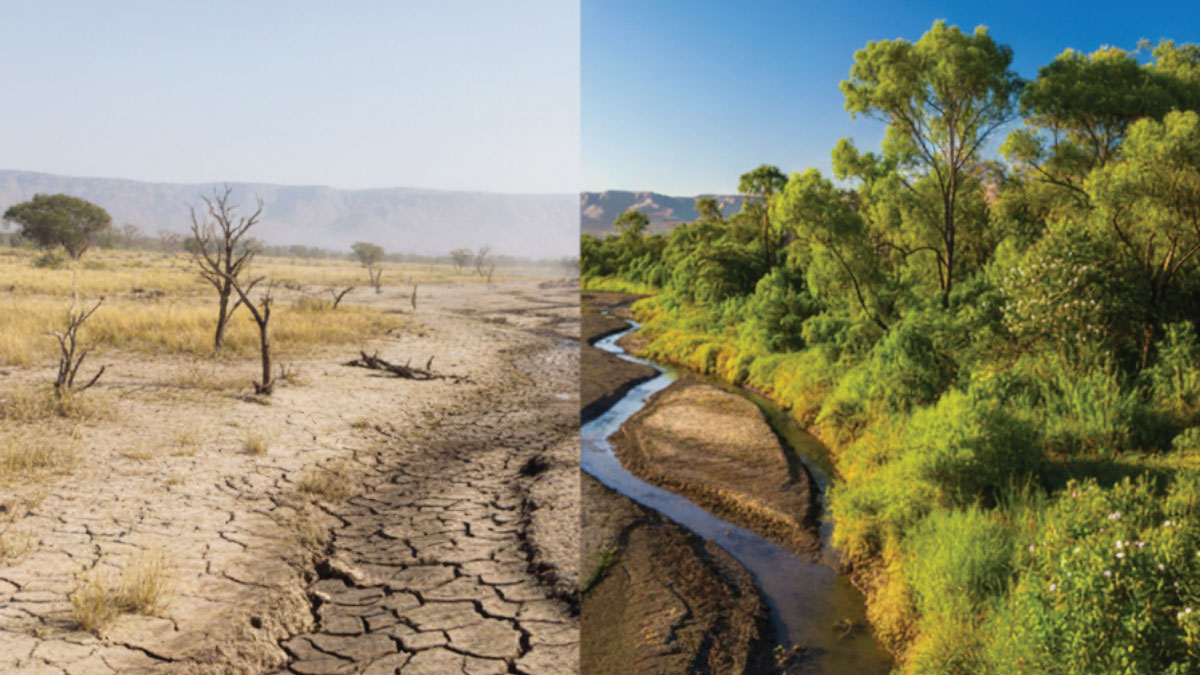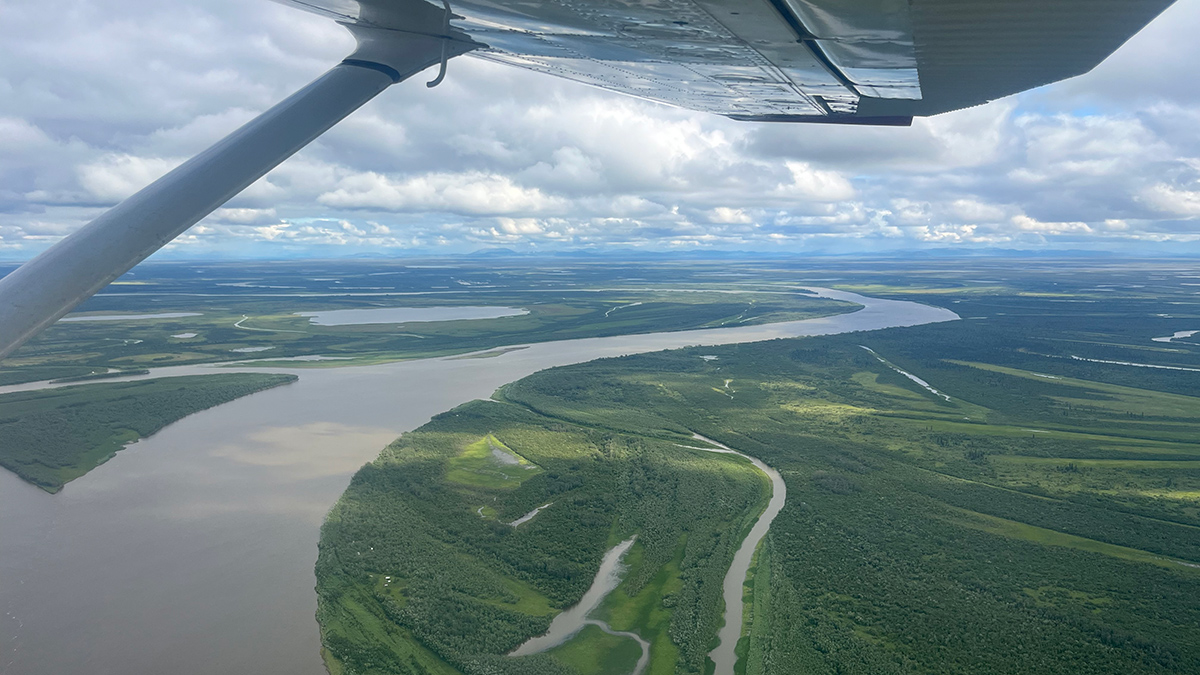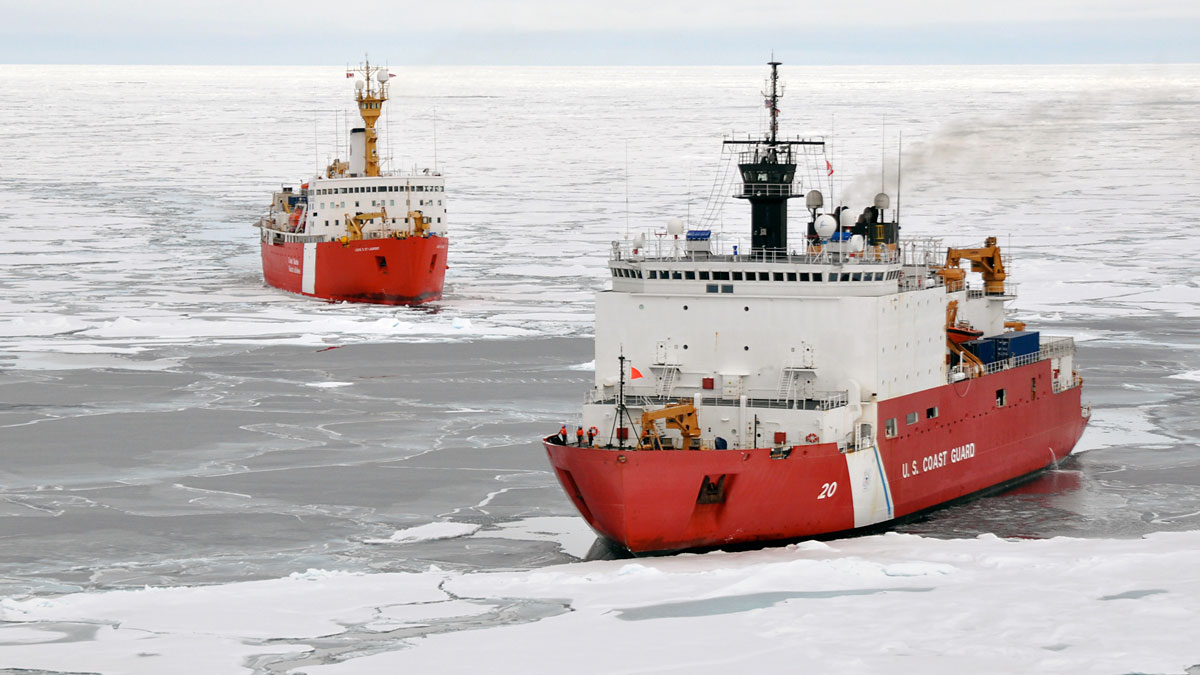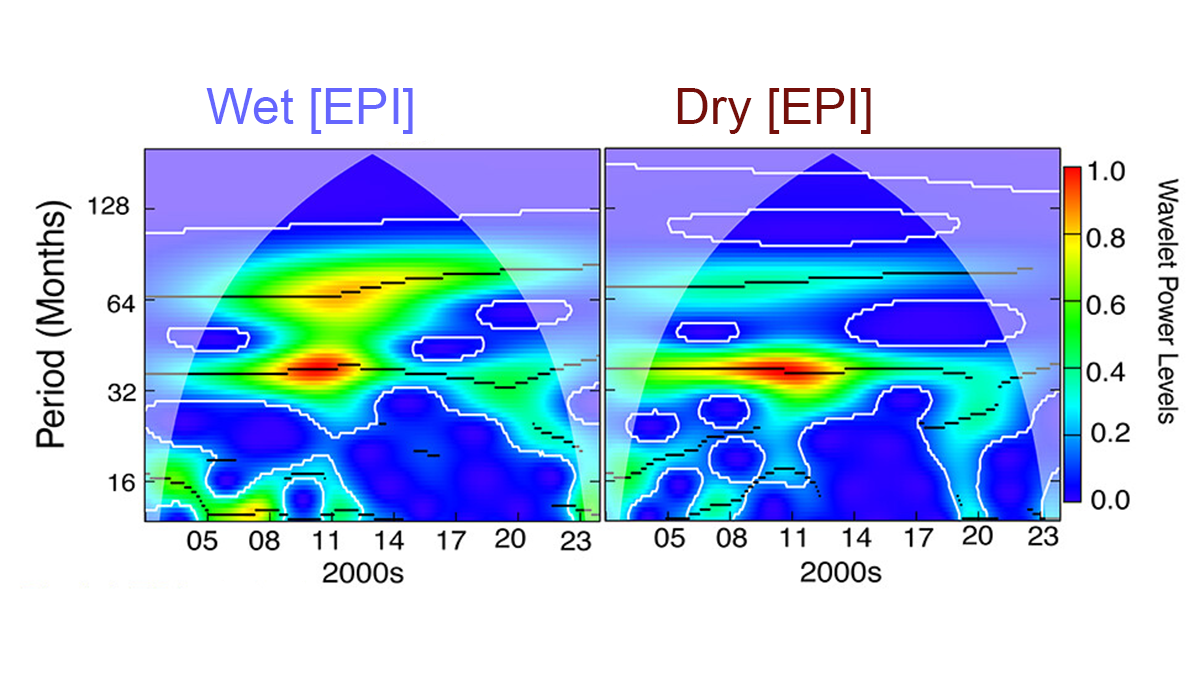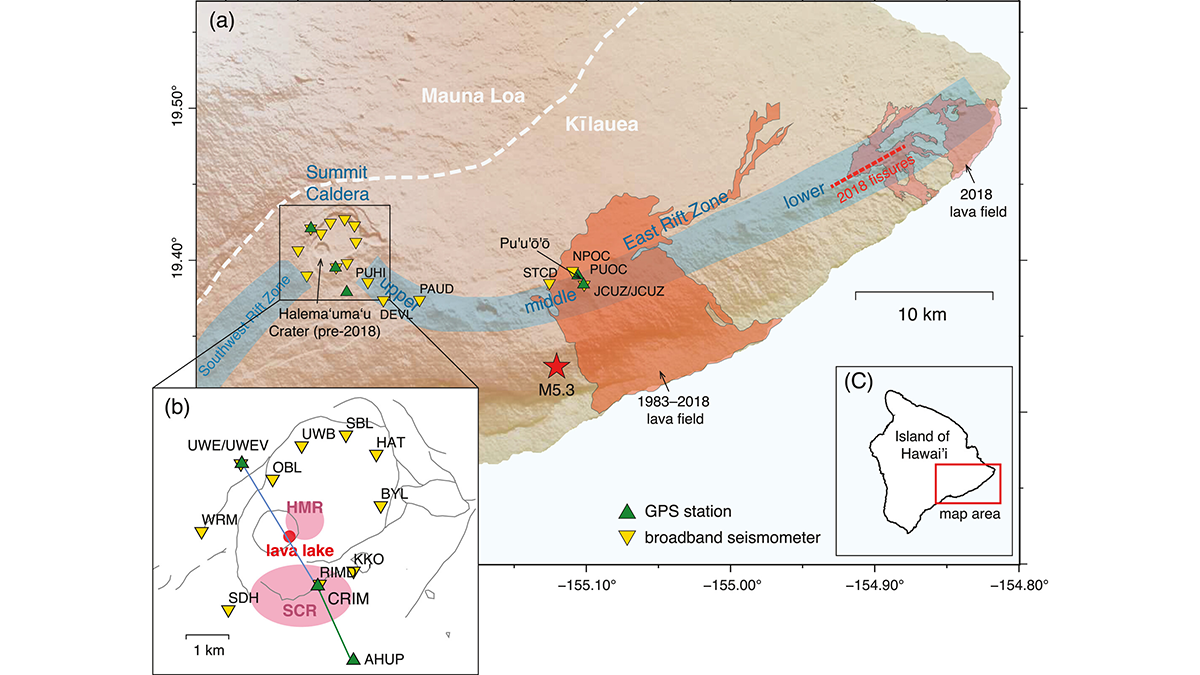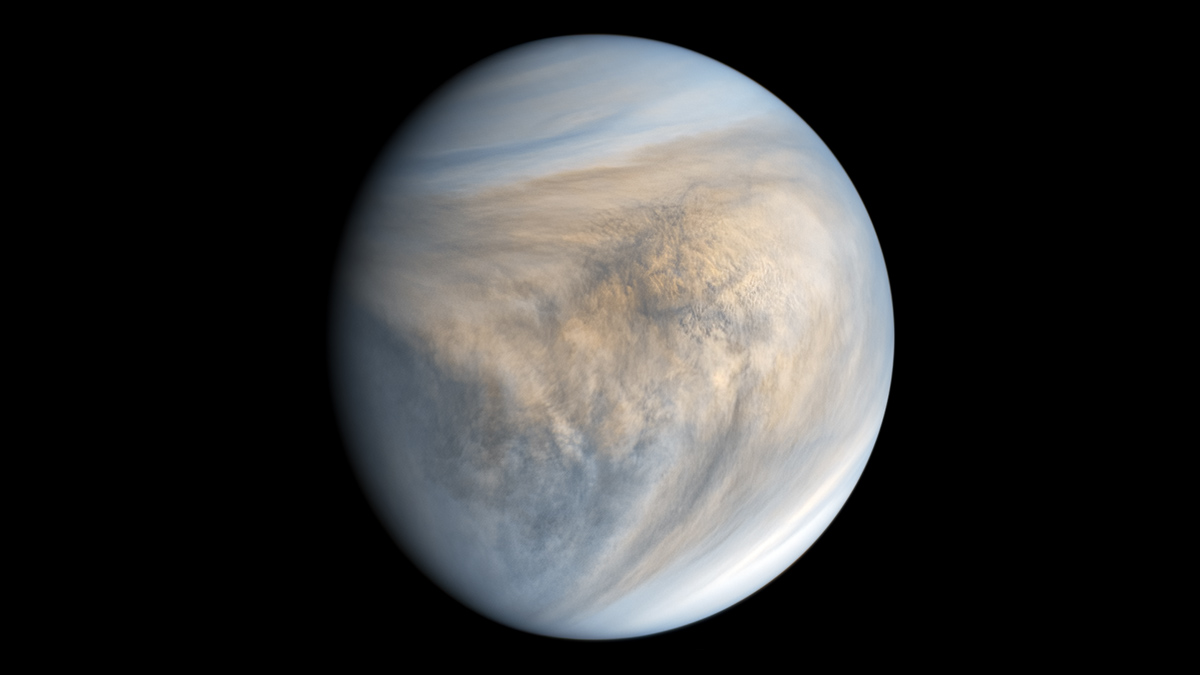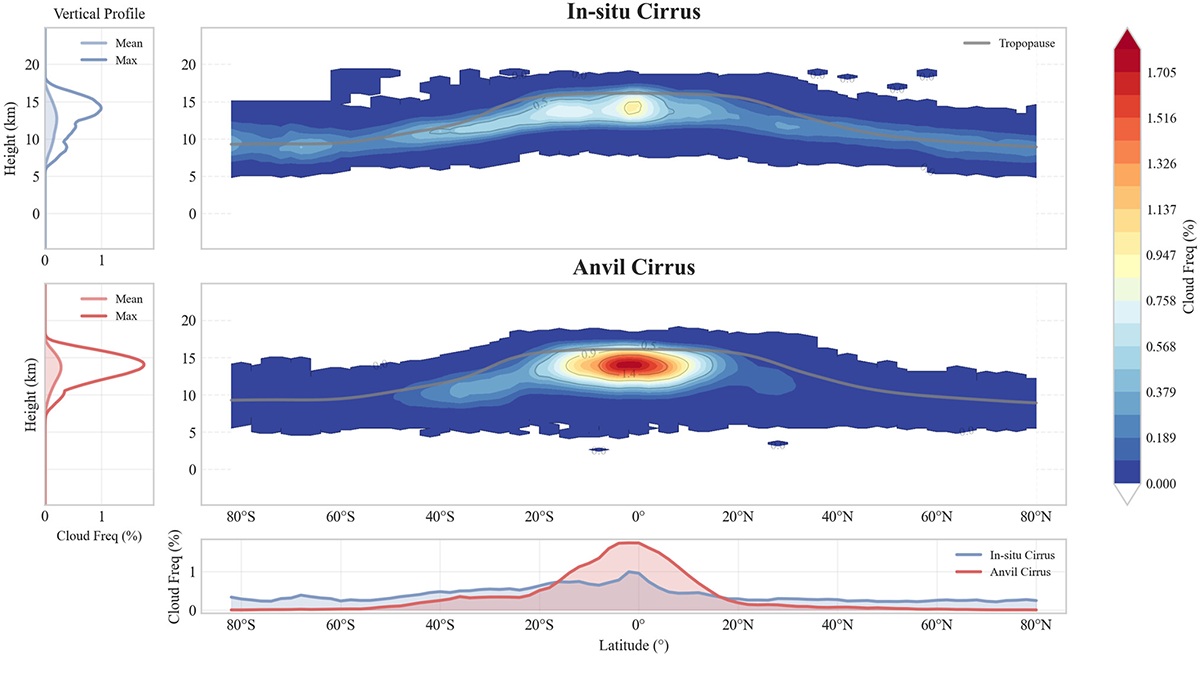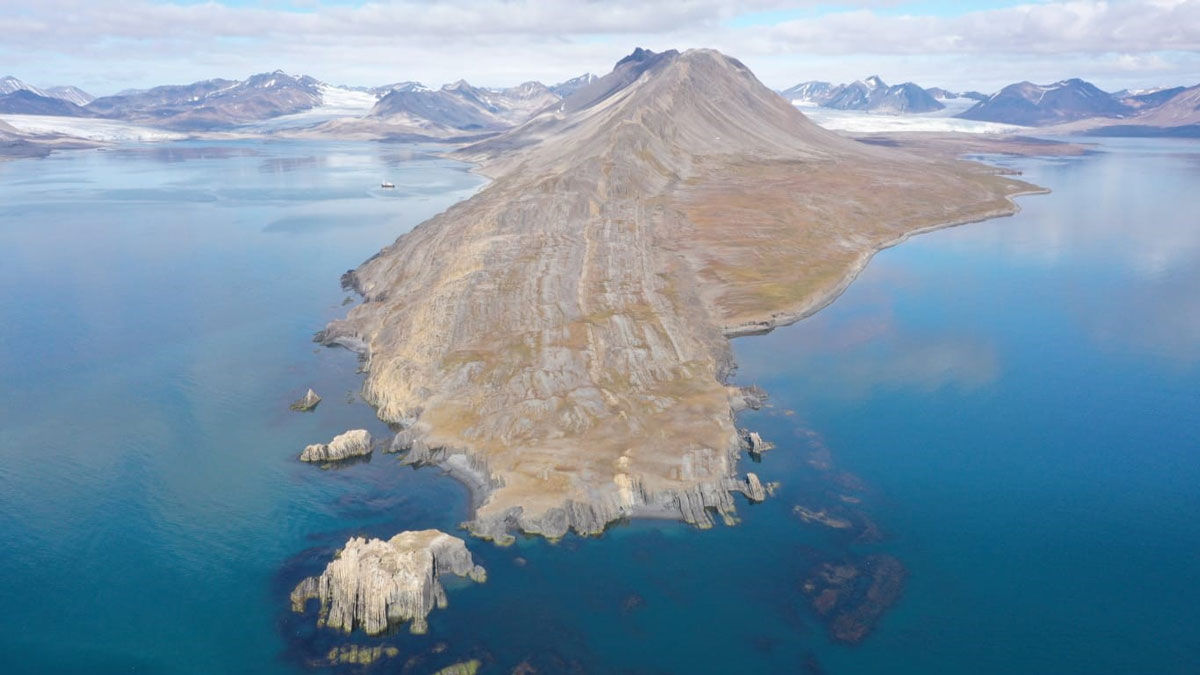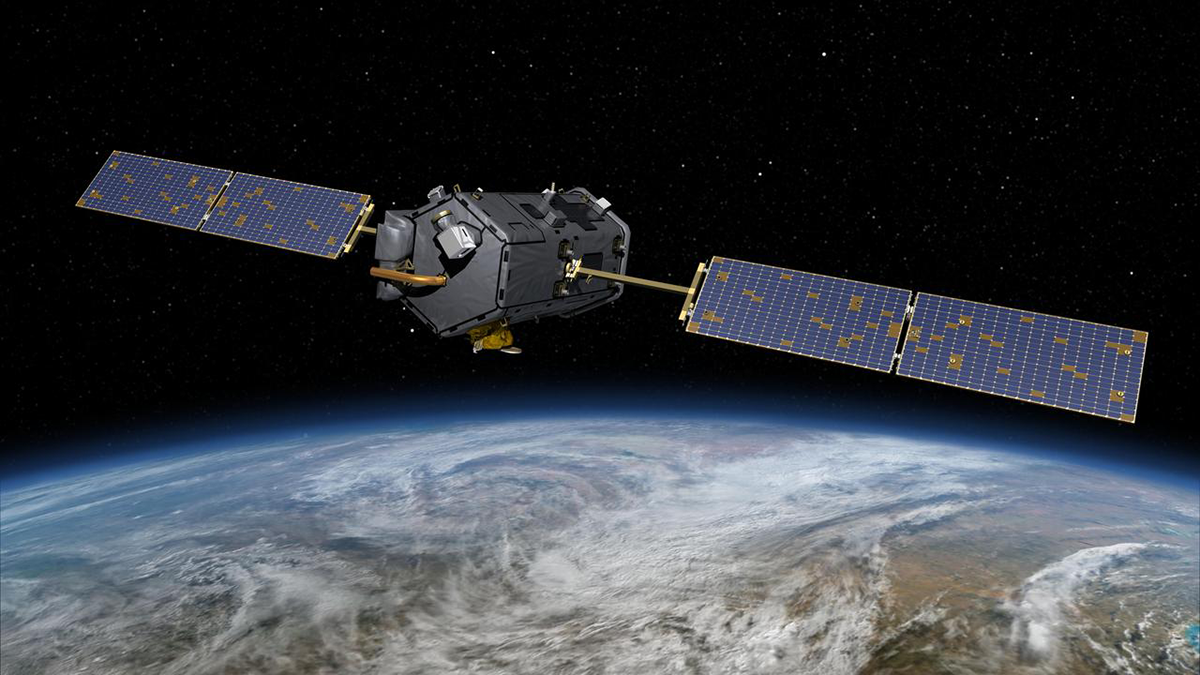A new study in southwestern China shows how ecosystems may exhibit “hydrological memory,” which affects how they react to extreme climate events such as heat and drought.
AGU Advances
Climate Modeling for Communities, with Communities
End users, such as Indigenous community members developing climate adaptation efforts, make better use of climate models when researchers collaborate with them from the start.
Is Convection Wobbling Venus?
Venus’s rotation axis is not where it should be – but atmospheric torques, not mantle convection, are likely responsible.
Tiny Turbulent Whirls Keep the Arctic Ocean Flowing
Centimeter-sized turbulence controls the rate at which the Arctic Ocean churns.
Climate Variations in Tropical Oceans Drive Primarily Extreme Events
Severe droughts and floods are primarily driven by climate variations in tropical oceans, with interannual and decadal patterns playing key roles.
Complex Plumbing Dynamics for Kīlauea Volcano
A new analysis of subtle seismic velocity changes provides insights into the coupling of magma reservoirs of Hawaiian volcanoes.
Key Driver of Extreme Winds on Venus Identified
A new study suggests that a once-daily atmospheric tidal cycle may be a bigger driver of rapid Venusian winds than previously thought.
Understanding Relative Atmospheric Roles of Anvil and In-situ Cirrus Clouds
New framework for separating anvil and in-situ cirrus clouds provides a pathway for modeling cirrus and how regional shifts in convection could reshape global cirrus distributions and their radiative impact.
How Algae Helped Some Life Outlast Extinction
Cooler waters near Norway’s north provided a refuge for phytoplankton during the Great Dying, a new study suggests.
Taking Carbon Science Out of Orbit
NASA’s Orbiting Carbon Observatory-2 satellite reveals an impressively dynamic picture of the Earth’s carbon cycle, yet it may be prematurely decommissioned and destroyed due to budget cuts.

